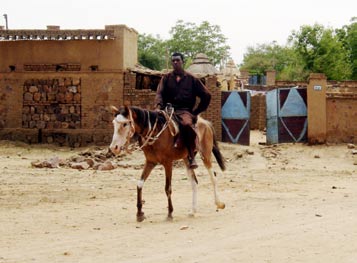CAMBODIA - 40 families in Kantuot commune, Preah Vihear province; twelve people detained during a forced eviction; Toeun Chheng (f), aged 29, and Oeun Eng (m), aged 31, both killed
- On 15 November, two people were shot dead by security forces during a forced eviction in the remote northern Preah Vihear province. Of the 317 families evicted, around 40 families who lost most of their belongings have been stranded on a roadside near their village, with no shelter, food or water. Twelve people were arrested during the eviction and are detained in the capital, Phnom Penh. It is not known what charges they face.
The 317 families were forcibly evicted from unused land which they had recently settled on in Sra Em village, Kantuot commune. The eviction was carried out by more than 200 armed police, military police and soldiers, who destroyed homes and belongings with no prior warning.
Toeun Chheng was shot in the chest at point blank range as she was protecting her four children during the eviction. She later died in a health clinic. According to accounts provided to Amnesty International, the other casualty, Oeun Eng, was shot dead during the eviction. Eyewitnesses told local human rights workers that the security forces had not issued any warnings before opening fire on this group of very poor families. Accounts suggest that at least six other evictees were injured; five by gun shots, and one who was beaten. Two are seriously injured and are being treated at the provincial hospital.
The authorities arrested at least twelve people during the eviction, including two of the injured, who were transferred from a health clinic to police custody. Three others were reportedly arrested on 14 November. All 15 have been sent to Prey Sar prison in the capital, Phnom Penh, some 400km away. It is not known if they have been charged with any offence; neither is it known whether the two injured detainees are receiving medical treatment.
While most of the evicted families have now left the province, around 40 families have been living on a roadside since the eviction. They lack even emergency shelter, food, water and security, a major concern in this remote area.
International human rights law requires that evictions be carried out only as a last resort, and following adequate notice and consultation with those affected. In this case, the eviction reportedly took place in breach of a written agreement between local authorities and the community, which stated that the families could remain on the land on a temporary basis until a suitable resolution had been found. This agreement had been reached following a stand-off between the villagers and the authorities on 9 November, when police had moved in at night in an attempt to arrest two community leaders. On 11 November, the local district governor had offered two vaguely described alternative locations for resettlement, but community leaders declined to move until they had more information on these areas, including the precise geographic location of the land and assurances that the area has access to water, schooling for the children and other basic infrastructure. Four days later and without any prior notification, security forces showed an announcement from the provincial administration, stating the community had to leave. The implementation of the eviction notice by security forces followed immediately.






